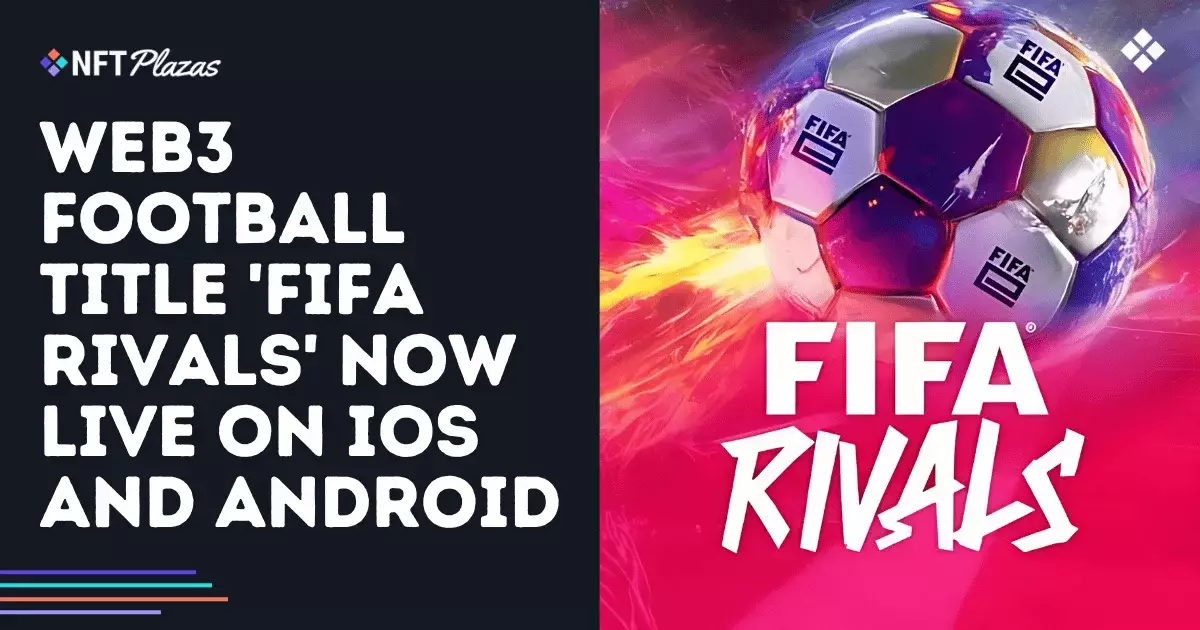In a saturated market where mobile games often hold players hostage with aggressive monetization strategies, FIFA Rivals stands as a breath of fresh air. This free-to-play model not only attracts a vast array of users but also democratizes access to the beautiful game, breaking down authoritative barriers that might otherwise intimidate potential players. Why should financial constraints limit one’s ability to experience and engage with a globally adored sport? The introduction of in-game virtual assets, facilitated through blockchain technology, adds a layer of economic opportunity as players can earn, trade, and own in-game items. It is this progressive approach that amplifies the excitement, shifting the conventional norm from passive consumption to active participation.
Global Engagement and Brand Power
The worldwide appeal of football cannot be overstated, and FIFA Rivals taps into this massive potential with strategic finesse. It has already garnered interest not just from major brands but from national football bodies, showcasing its unique capacity to connect diverse demographics through the universal language of sports. When one considers the popularity of football across continents, it becomes clear that FIFA Rivals possesses an advantage over genre competitors like NFL Rivals. The latter simply does not enjoy the same global footprint and fandom. Mythical Games smartly capitalizes on this by creating associated partnerships with powerhouses like Adidas and leveraging high-profile athletes such as Lionel Messi to amplify visibility and allure in a crowded market.
A Living Economy Challenges Traditional Norms
What sets FIFA Rivals apart is its ambition to construct what Mythical Games describes as a “living economy.” This innovative structure aims to keep existing digital assets relevant and valuable, adapting with seasonal updates while introducing new content. By learning from the pitfalls faced in NFL Rivals, the development team has put considerable thought into maintaining the integrity and value of previously released items. Yet, is this living economy a mere gimmick? In truth, it challenges traditional gaming economics, wherein players are often left with outdated assets as new iterations flood the market. FIFA Rivals presents a fresh paradigm that may redefine behavior in mobile gaming by encouraging skill-based progression, thereby directly appealing to a player’s intelligence and strategic thinking, rather than simply their wallets.
Catering to Diverse User Behaviors
The unique approach to user engagement goes beyond mere gameplay mechanics. Mythical Games has recognized that player behavior varies significantly based on geographical regions. For instance, European gamers are generally less inclined to spend as much as their American counterparts, prompting an intelligent design that favors skill over expenditure. This shift can cultivate a community that values strategic prowess and competitive integrity, rather than merely purchasing power. As a center-right liberal in the gaming discourse, I find this emphasis on fairness not only refreshing but a crucial step toward creating a sustainable gaming ecosystem.
Forward-Thinking Innovations on the Horizon
Finally, the upcoming features like AI sports agents and new game modes signal that FIFA Rivals is not just resting upon its initial success. Esports competitions and collaborations with real-life football clubs promise to deepen player engagement, amplifying the bridge between virtual and physical realms of football. These innovative strides indicate a commitment to expanding cultural relevance and player immersion that too often eludes mobile games.
Ultimately, FIFA Rivals is not just another mobile game; it is indicative of a paradigm shift in how digital gaming can align with real-world sports to create an enriching player experience. The relentless pursuit of innovation should spark enthusiasm, questioning if we may finally be at the precipice of the next gaming evolution.

